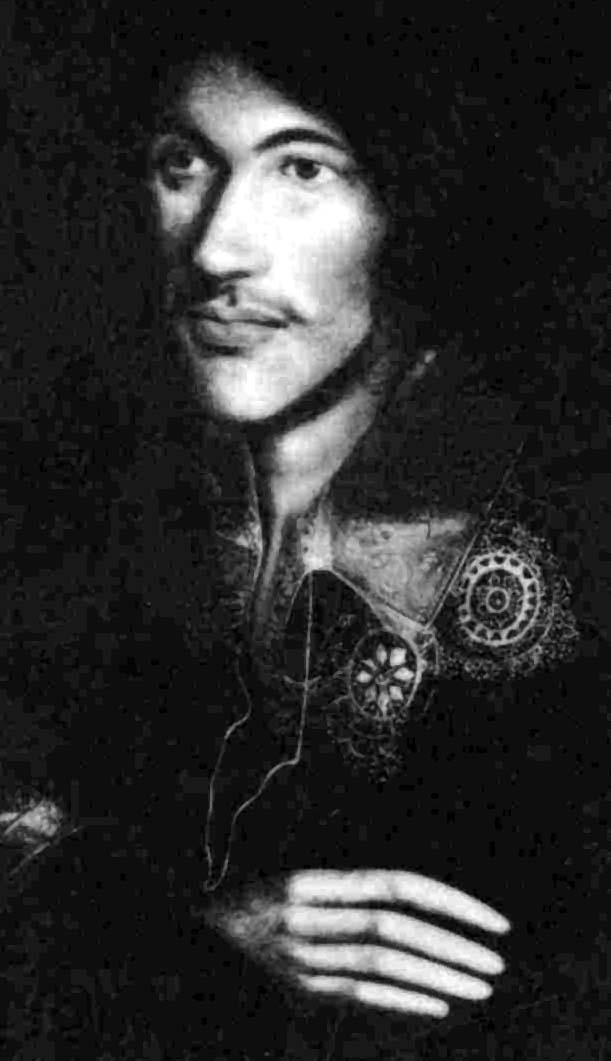John Donne was a leading English poet of the Metaphysical school and dean of St. Paul's Cathedral, London. Born in London in 1572 of Catholic parents, he converted to Anglicanism.  He was banished from his secretarial post and briefly imprisoned after he secretly married a woman of high rank and lived in poverty and dependence for a number of years whilst studying and writing prolifically. He took holy orders when James I refused to give him any appointment outside the church and was ordained as Dean of St Paul’s in 1621. He vowed to devote his life fully to his church vocation after the death of his wife in childbirth in 1617. His forceful and eloquent sermons won him the reputation as the leading preacher in England. Donne died in 1631 of stomach cancer.
He was banished from his secretarial post and briefly imprisoned after he secretly married a woman of high rank and lived in poverty and dependence for a number of years whilst studying and writing prolifically. He took holy orders when James I refused to give him any appointment outside the church and was ordained as Dean of St Paul’s in 1621. He vowed to devote his life fully to his church vocation after the death of his wife in childbirth in 1617. His forceful and eloquent sermons won him the reputation as the leading preacher in England. Donne died in 1631 of stomach cancer.
Donne’s poetry was a sharp break with the flowery and decorative tradition of Elizabethan verse (for example that of Philip Sidney or Edmund Spenser). He drew his imagery from alchemy, astronomy, medicine, politics, global exploration, and philosophy. His conceits are elemental and dramatic contrasts, avoiding the clichéd comparisons of cheeks to roses and lips to cherries. Rather Donne’s work reflects on the cosmic aspects and allegories captured within a personal observation. In the poem “The Flea” he ponders on how a flea in biting the two lovers, does in fact consummate the relationship for them (see below). Hence, later critics named Donne and his followers as the “Metaphysical School” of poetry even though there was no organized group as such. Out of fashion for many years, Donne’s poetry returned to influence twentieth century poets, eager for a sharper style and keen to escape Victorian sentimentalism.
Mainly famous for the brilliance of his sermons, Donne’s poetry was mainly left unpublished during his lifetime being regarded as too earthy or problematical and allusive to be good for his reputation. His collected poems were published in 1633 and divided into nine generic groups opening with the erotic and amorous themed Songs and Sonnets and closing with the Divine Poems. Included amongst all this are epigrams, love elegies, wedding songs, satires, verse letters and funeral elegies. Stylistically Donne distorted metaphors, theories and the traditional rhythmic and stanza patterns. He used simple verse forms and invented elaborate and intricate new ones. Whilst lyrical, his poems are direct, immediate and colloquial, richly philosophical rather than descriptive. Donne’s most famous prose works are his Devotions upon Emergent Occasions, written in 1623 whilst recovering from an almost fatal illness. The Devotions compare Donne's physical decline with spiritual sickness, culminating when Donne hears the tolling of a bell and queries whether the bell is ringing for him.